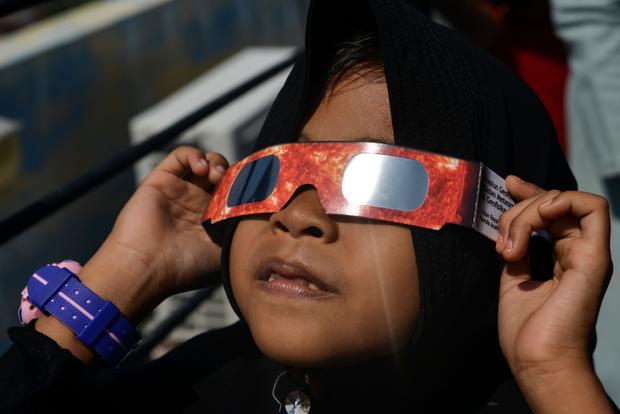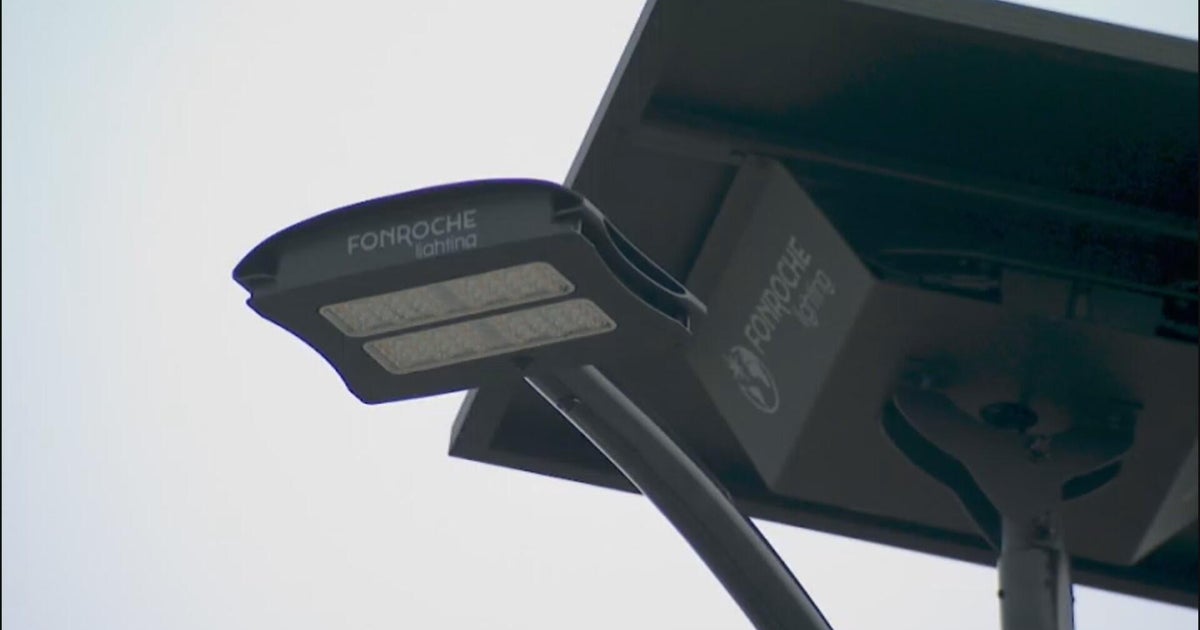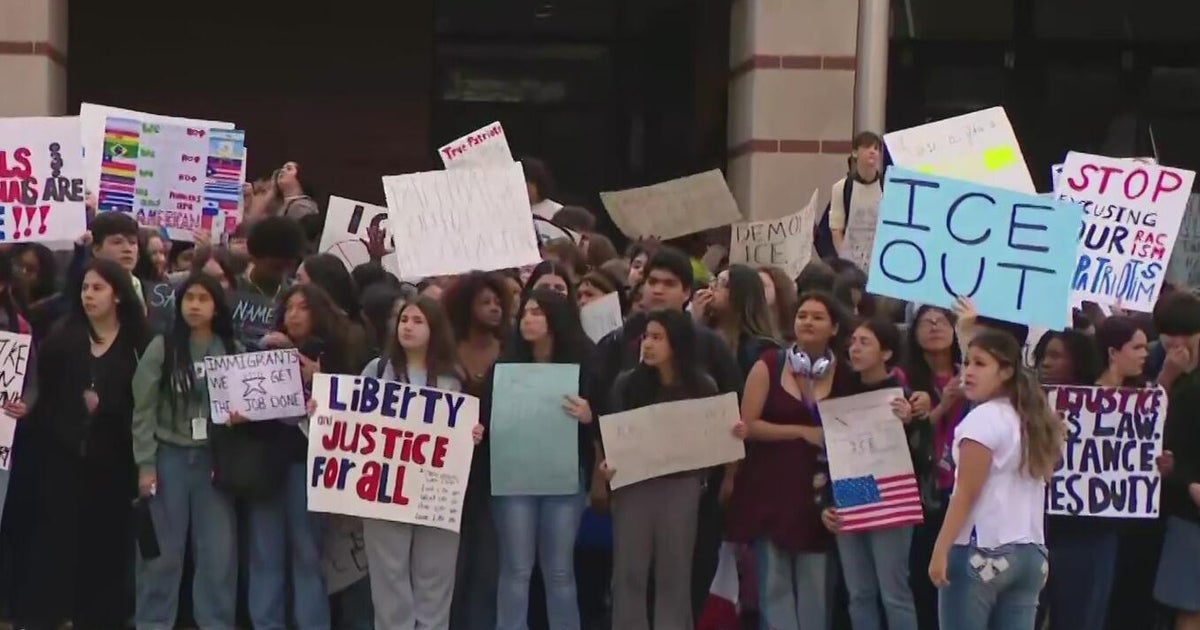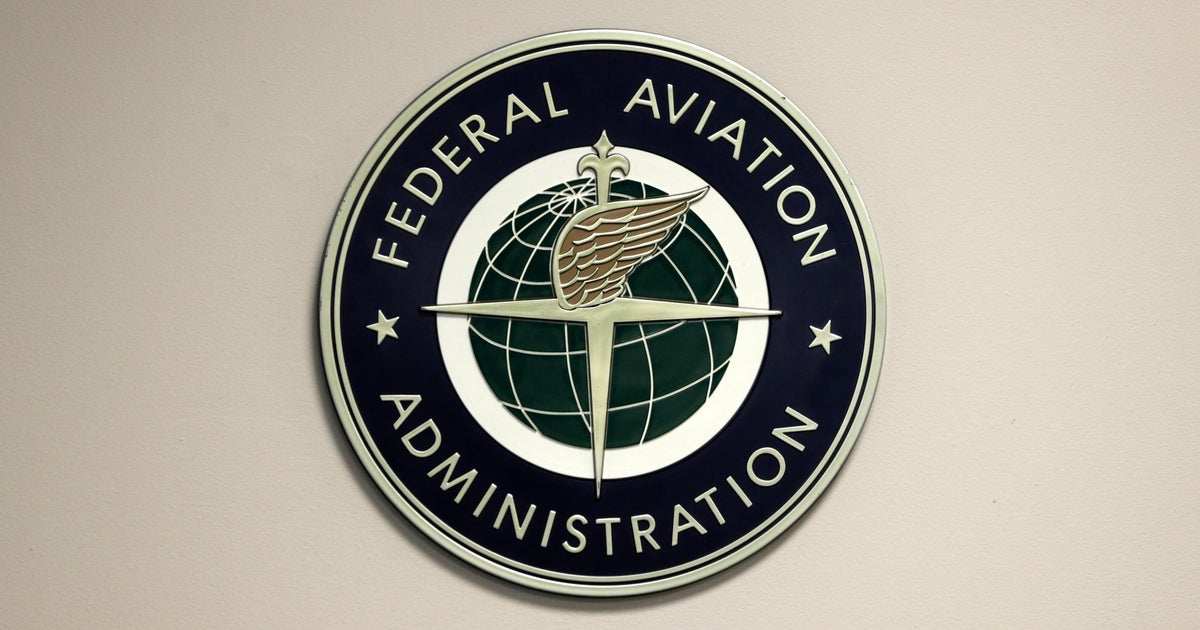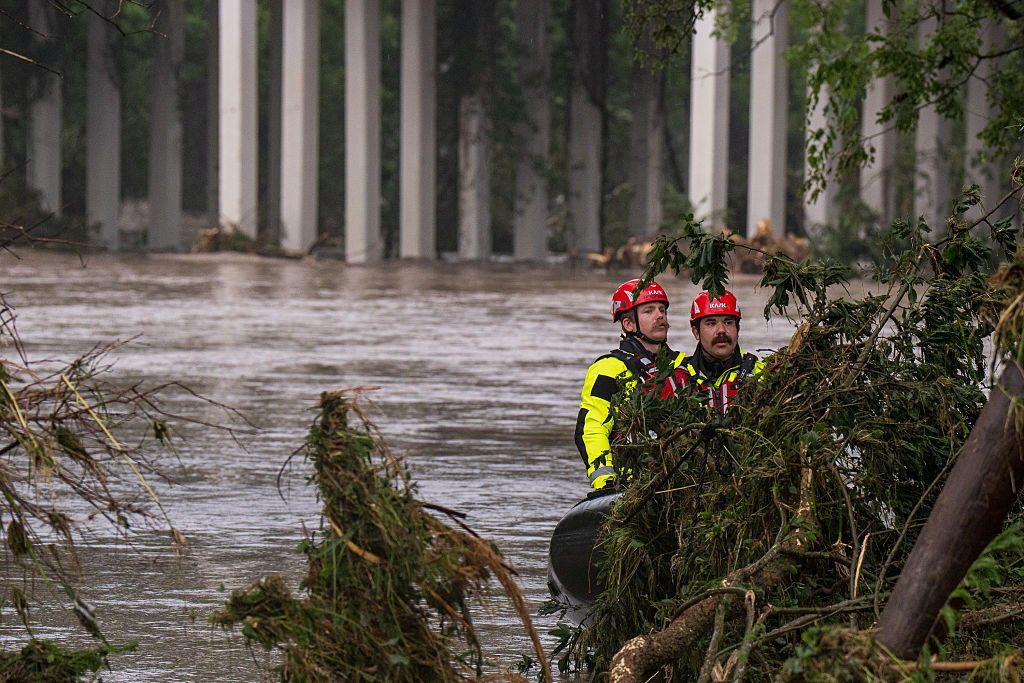How to protect your eyes during the "ring of fire" solar eclipse this weekend
Americans from Oregon to Texas will have the chance to see a rare celestial show this weekend as the "ring of fire" solar eclipse is set to dazzle across sky — but before gazing up, experts say don't look directly at it without proper protection.
"UV rays from the sun are very strong. It can cause damage to the retina, which is a very sensitive area of the eyes responsible for visual acuity or the sharpest point of your vision," Dr. Annie Nguyen, an ophthalmologist with Keck School of Medicine at the University of Southern California, told CBS News.
Annular solar eclipses happen when the moon passes between the sun and Earth while the moon is at the farthest point from Earth, according to NASA. The moon will partially cover the sun as it passes, creating a "ring of fire" effect.
"You'd think that the darkest pair of sunglasses can shield off most of these rays, (but) even the ones that are marked 100% percent UV protective sunglasses are not safe for looking at the sun," Nguyen said.
Instead, there are special solar viewers or filters needed to protect your eyes while looking at a solar eclipse. Look for glasses that are certified ISO 12312-2 and verify the glasses are not expired or damaged. You can also check that the vendor selling the glasses is approved by the American Astronomical Society.
NASA has also shared tips on how to safely photograph the eclipse.
Without proper protection, the damage is potentially irreversible.
Nguyen said it could take 12 hours to a couple of days to really notice the damage.
"There are no pain receptors on the retina, so you won't feel the pain either," she said.
If you view this weekend's annual solar eclipse and notice a decrease in vision, dark spot or color distortion, contact your eye doctor right away.
